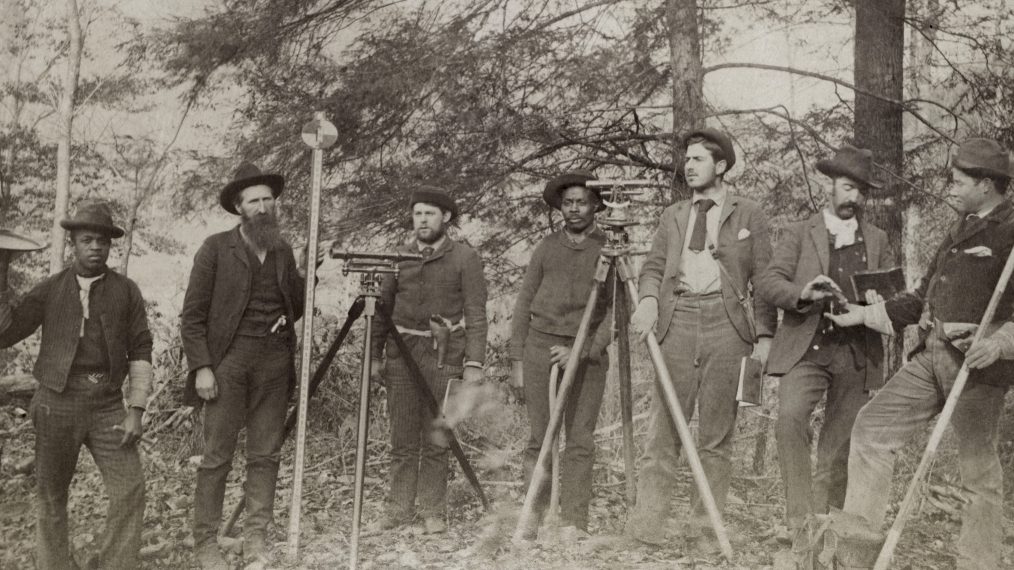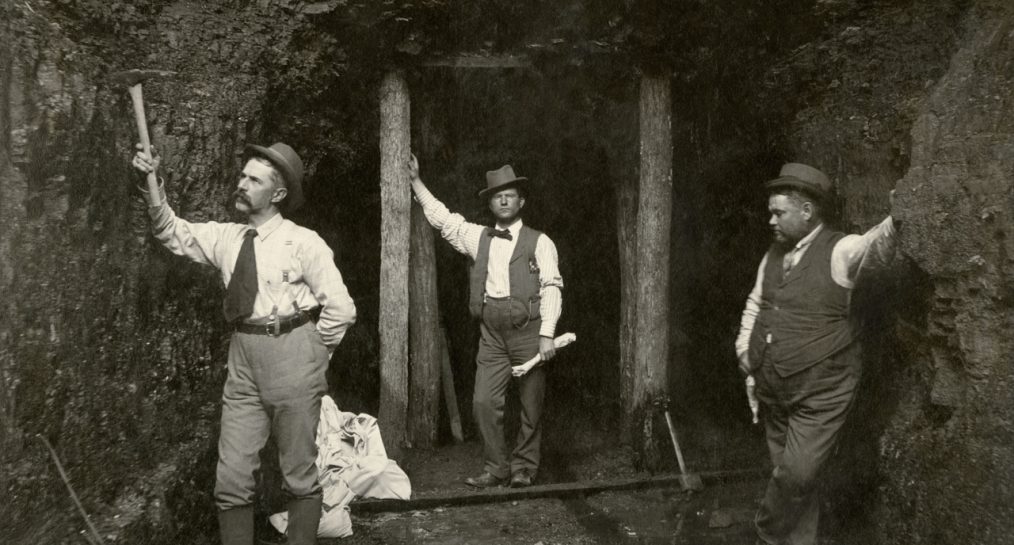PBS ‘American Experience’ Tells the Real Story Behind the Hatfield-McCoy Feud

The most famous family conflict in American history, the Hatfield-McCoy feud, evolved into a mythic American tale of jealousy, rage and revenge — and one which helped create the negative “hillbilly” stereotype that has shaped attitudes towards Appalachia for more than a century. Yet the truth is much more than a tale of two warring families.
American Experience: The Feud premieres Tuesday, September 10 on PBS. It is the story of a region and its people forced into sudden change by Eastern capitalists, who transformed Appalachia from an agrarian mountain community into a coal and timber producing workplace owned and run primarily by outside interests.
Deep in the rugged and remote mountains of Central Appalachia, the Tug Fork Valley was the edge of the American frontier in the early 1800s. The Hatfields and the McCoys were among the earliest white settlers in the valley, inhabiting both sides of the Tug Fork, which formed the border between Kentucky and Virginia (later West Virginia).

Courtesy of University of Pikeville, Frank M. Allara Library Special Collections, Mayo Collection
Like most families in the area, the Hatfields and McCoys eked out a living by farming the narrow and steep hollows and foraging for game and wild edibles in the surrounding forests.
The Hatfields, McCoys and other mountain families found ways to adapt to the new economic and social order or moved out of Appalachia altogether. But the legacy of the feud remained. And the “hillbilly” image, popularized by reports of the Hatfield-McCoy feud, continues to permeate American popular culture.
American Experience: The Feud, Tuesday, September 10, 9/8c, PBS (Check your local listings)
From TV Guide Magazine
How 'Countdown' Recruited Jensen Ackles to Go Full 'Die Hard'
Countdown boss Derek Haas talks creating the character around Ackles, and the cast teases the “Avengers”-like team of the crime thriller. Read the story now on TV Insider.









